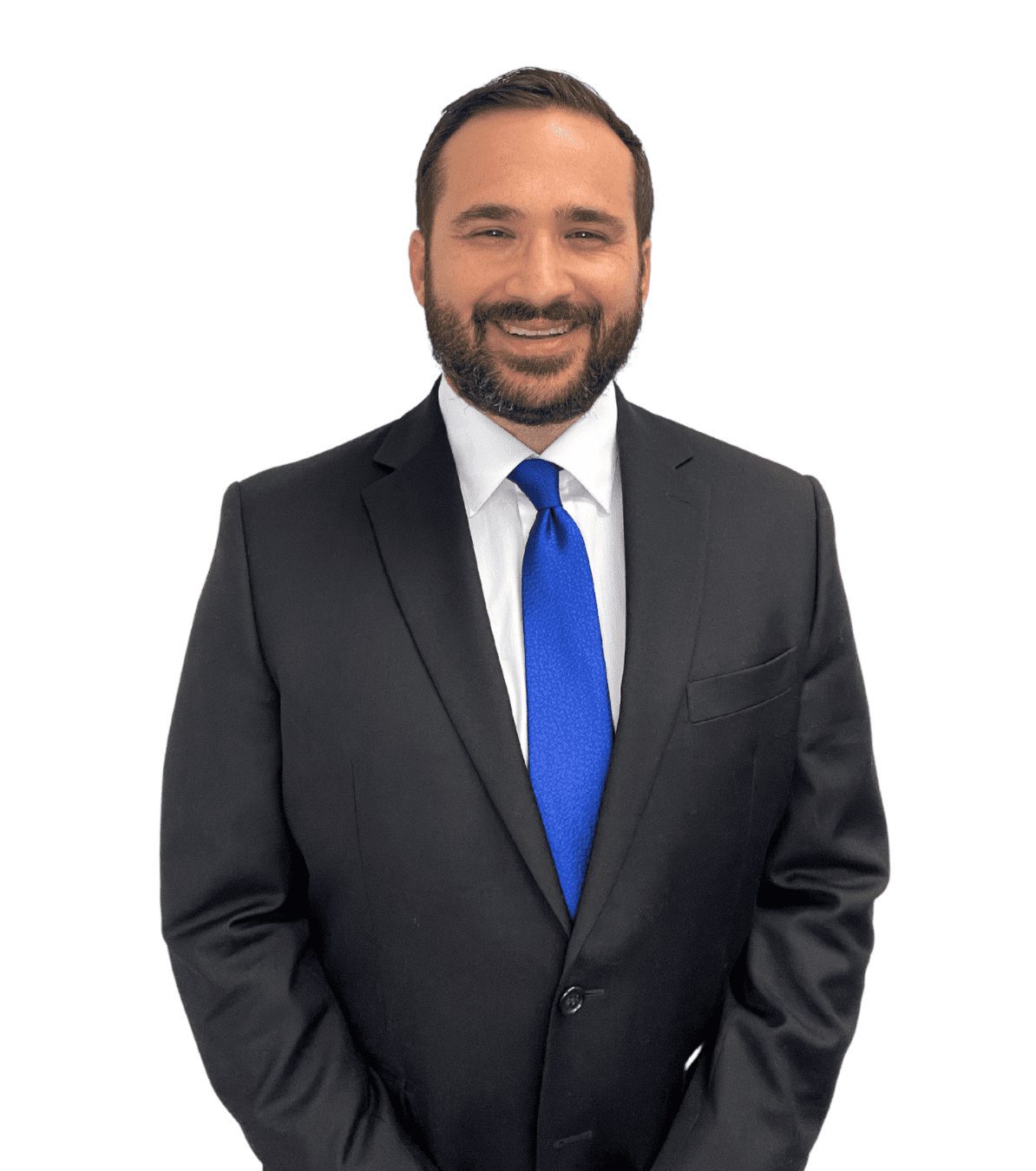Trademark Filing Information
Protecting U.S. Federal Trademarks
U.S. federal protections for Trademark rights are derived from the highest authority. As enumerated in Section 3, Clause 8 of Article I, the Commerce Clause grants Congress the sole power “[t]o regulate Commerce with foreign Nations, and among the several States, and with the Indian Tribe.” Utilizing this constitutional power, Congress has enacted federal acts granting federal protection of Trademarks, including the Lanham Act (the U.S. Trademark Act), Federal Trademark Dilution Act and 2006 Revision, and the Anti-Cybersquatting Consumer Protection Act. In addition, Trademarks are also protected through state statutes. Want to learn more about Trademark Filing Information? Read along.
Principal Register versus Supplemental Register
Trademarks are registered primarily on Principal Register. However, trademarks not registered on Principal Register may sometimes be registered on the Supplemental Register if the Trademark can make an applicant’s goods or services distinguishable. In addition, it is essential to note that Trademarks registered through the Supplemental Register may be capable of being placed on Principal Register after five years if the Trademark obtains secondary meaning.
Filing a Trademark and Obtaining State Trademark Protection
In addition, many states also allow for Trademark registration specifically under state statute. For example, in the Commonwealth of Virginia, the state registration fee is typically $30 per class. Please see the Commonwealth of Virginia State Corporation Commission’s Division of Securities and Retail Franchising for more information
It is essential to consult a Trademark attorney regarding federal and state Trademark registration as self-filing may impact the accuracy of the application and processing time. It may also lead to possible infringement claims and result in other general protection concerns.
Trademark Licensing
The exclusive rights of a trademark owner may be permanently transferred through an assignment agreement. Alternatively, these rights may be partially or temporarily transferred through a licensing agreement. Trademark Assignments will be recorded in the United States Patent and Trademark Office. Charges are typically around $40 and maybe filed electronically through the Electronic Trademark Assignment System.
It is imperative to consult an attorney regarding the formation and content of either of these agreements to understand your rights, maintain quality control considerations over your Trademark if licensed, and help ensure you are receiving adequate compensation for your Trademark in the form of a lump sum and/or royalty payment structure.
What Names Are Protectable Under Trademark Law?
There are varying degrees of protection for trademarks:
- Fanciful: A made-up name has the most significant level of protection because it is unique to your product. This is seen often with prescription drugs such as Lipitor or Xanax.
- Arbitrary: The next highest level of protection lies with arbitrary names. These are names with a meaning not associated with the business or product being sold. This includes trademarks such as Amazon, Random House, and Coach.
- Suggestive: Names that suggest the type of business can also be protected. For example, Netflix for online movie rentals or Word for word processing software.
- Descriptive with acquired distinctiveness: Descriptive trademarks are often tricky to protect unless they have developed their distinctiveness. One example of this is the brand PLAY-DOH which has vigorously worked to protect its name and has acquired an impressive reputation in the marketplace.
In general, generic or descriptive trademarks are not afforded trademark protection. Additionally, a trademark may become generic or descriptive over time. Therefore, it is important to work diligently to protect your trademark and avoid dilution.
Trademark Trial and Appeal Board (TTAB)
Attorneys at the firm protect clients’ trademarks in actions before the Trademark Trial and Appeal Board. The TTAB is an administrative board that handles adversary proceedings involving trademarks. This includes oppositions during registration, where a party opposes the registration of a mark after notice has been published in the Official Gazette. The TTAB also hears matters involving:
- Cancellations of existing trademarks
- Trademark interference and concurrent use issues
- Appeals
If you have received a notice of opposition or notice concerning another action before the TTAB, it is essential to respond. Ignoring an opposition or other action can put your trademark in jeopardy. Hearings before the TTAB are similar to a trial and follow the civil rules of procedure. You risk losing your trademark and your registration fee.
McClanahan Powers is conveniently located less than 18 miles away from the United States Patent and Trademark Office (USPTO), the government agency that handles federal trademark issues. If the online filing system is temporarily down, we can file in person.

